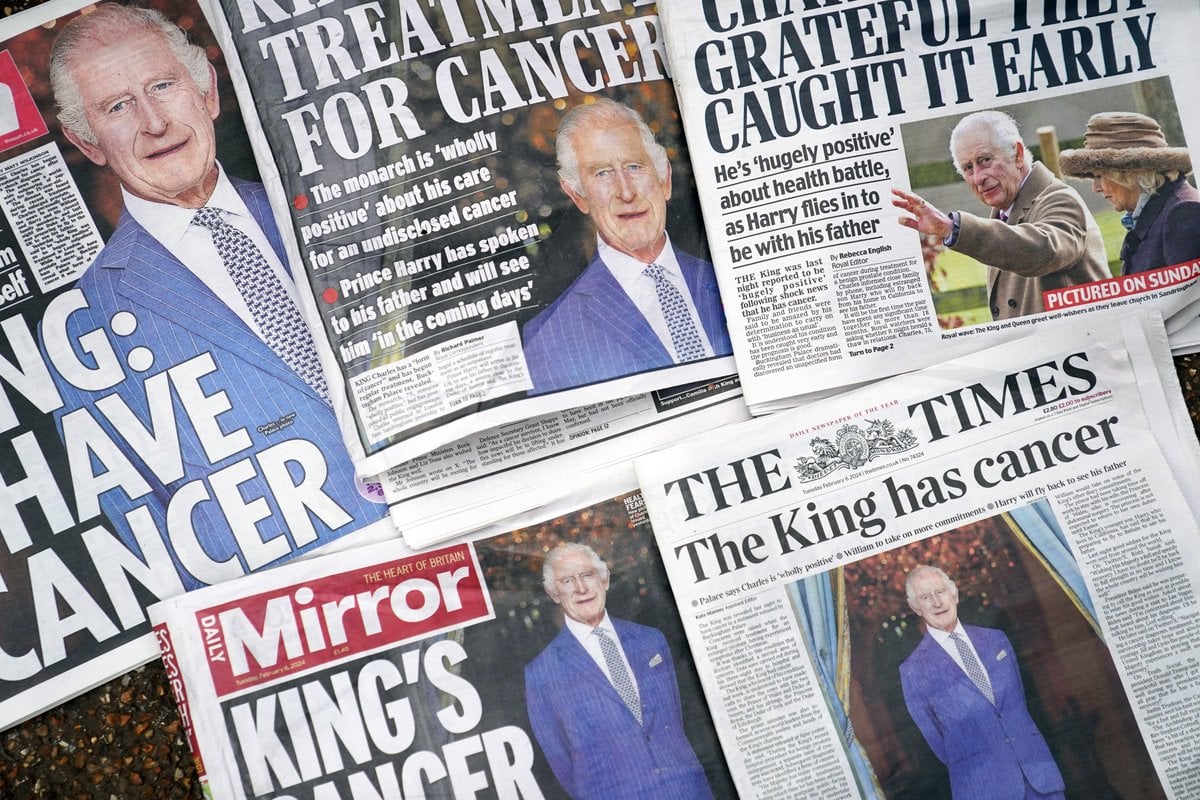
British monarchs have a habit of ruling until they die, regardless of their state of health. But with Buckingham Palace announcing King Charles III has been diagnosed with cancer, where does that leave him and the monarchy?
Those are the questions being mulled upon, following the news on Tuesday.
Charles, 75, spent three nights in hospital last month after undergoing a corrective procedure for an enlarged prostate when a separate issue was discovered and identified by further tests as cancer.
The Palace did not share what cancer Charles has but ruled out prostate cancer. It has also not been confirmed what stage the cancer is.
Given the King had recently stepped back from public-facing duties, his aides had no option but to be open with the world about the diagnosis — up to a point.
Watch: a look back at King Charles' Christmas message. Post continues below.
For centuries British rulers have abided by a stiff-upper-lip mentality.
In the statement, the Palace said Charles "remains wholly positive about his treatment and looks forward to returning to full public duty as soon as possible".
Do we read this at face value and view the prognosis in the same positive light it's being presented in, or is it valid to worry about it being more serious? History favours the latter.

Top Comments